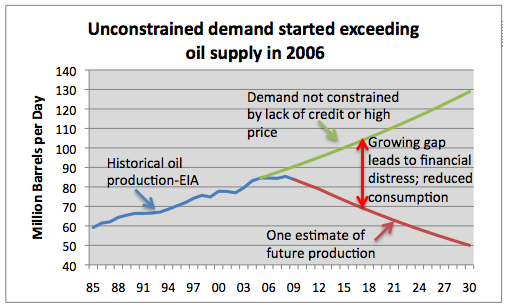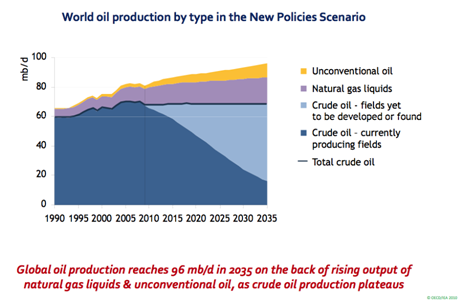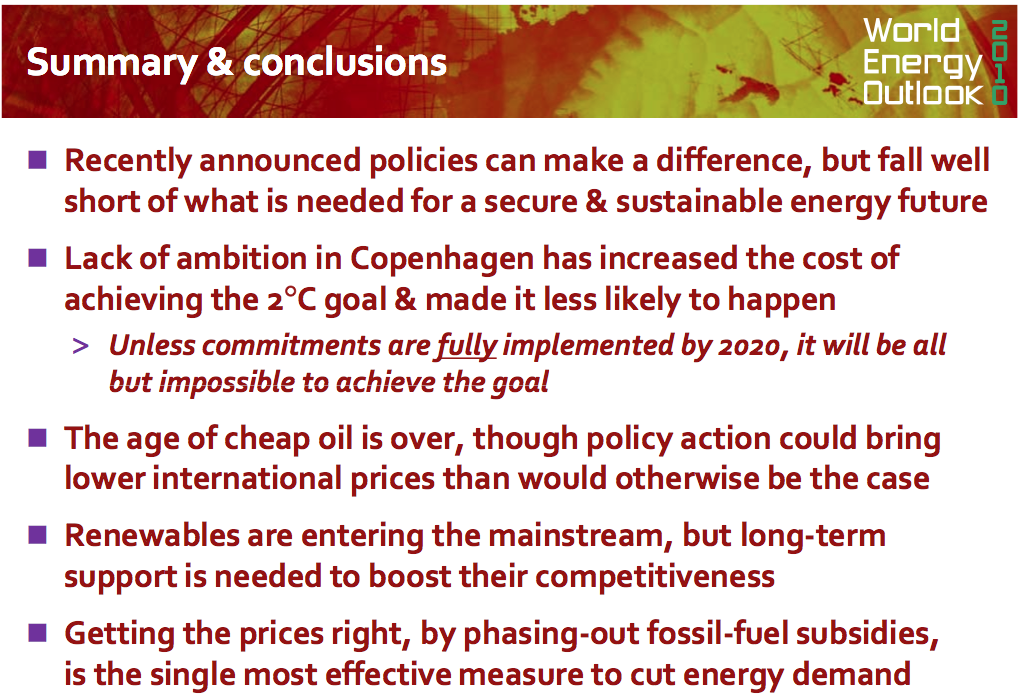I want to conclude my “Iceland Series” by pointing out something very simple and straightforward that they have learned in Iceland and put into practice, but that we in Hawai‘i have not:
Cheap and proven technology, and clean energy projects, protect an economy from oil crises.
If what the International Energy Association says is true – that we have come to the end of cheap oil – then the bottom line is that by decoupling from expensive oil, we protect ourselves. It is the cost that’s important, not the color or anything else.
In Hawai‘i, we are trying to replace fossil fuel oil with biofuels. But if the replacement is as expensive as oil – which biofuels for electricity generation is – this doesn’t do us any good.
Geothermal, on the other hand, would totally disconnect us from the high cost of energy. It’s the cost that is the most important. And because it’s safer to diversify, we should also maximize our other energy sources, such as wind and solar, without destabilizing the electric grid.
When you go over to Iceland, you see that they have inoculated themselves from rising oil prices. In doing so, they have also made themselves food secure, because their electricity is cheap relative to other sources of energy. For instance, when they export aluminum, which is electricity-intensive, as long as their electricity costs are lower than that of their competitors, they will always have money coming into their economy.
Iceland’s economy depends on cheap energy and fishing as its base. (And Iceland’s tourism increased when the country devalued its currency, so cheap energy had a double benefit.) Hawai‘i’s economy depends on the military and tourism. We need a third leg to give our economy some stability and security.
It was interesting for me to see how a native people, left to their own devices, coped. As of today, Iceland is more energy and food secure than Hawaii! This is why Ku‘oko‘a needs to purchase HEI. The rubbah slippah folks all know this to be true.
Cheap electricity makes an economy competitive in the world. This is where the people’s needs and the utility’s needs should coincide.
Everybody knows that Iceland’s economy crashed in 2008. That happened because they privatized their banking industry, the banks went crazy, and they got caught by the downturn. But because the country has cheap energy, they are pulling out of their recession and the excesses of their banks – while we are struggling to forestall a double dip recession.
This shows us that if you’re in a competitive position relative to energy, and you don’t do anything stupid, you can withstand any oil-induced depression or recession, which is where the world is headed.
Iceland is also concerned about its dependence on fossil fuel for transportation. It has a commercial hydrogen refueling station, and I rode in an SUV powered by methane from municipal waste. They are even looking into making liquid fuels from geothermal electricity and CO2.
Iceland is like a little lab. You go over there and look at the country and say, “Holy smokes! It can be done.”
Now to do it here.



